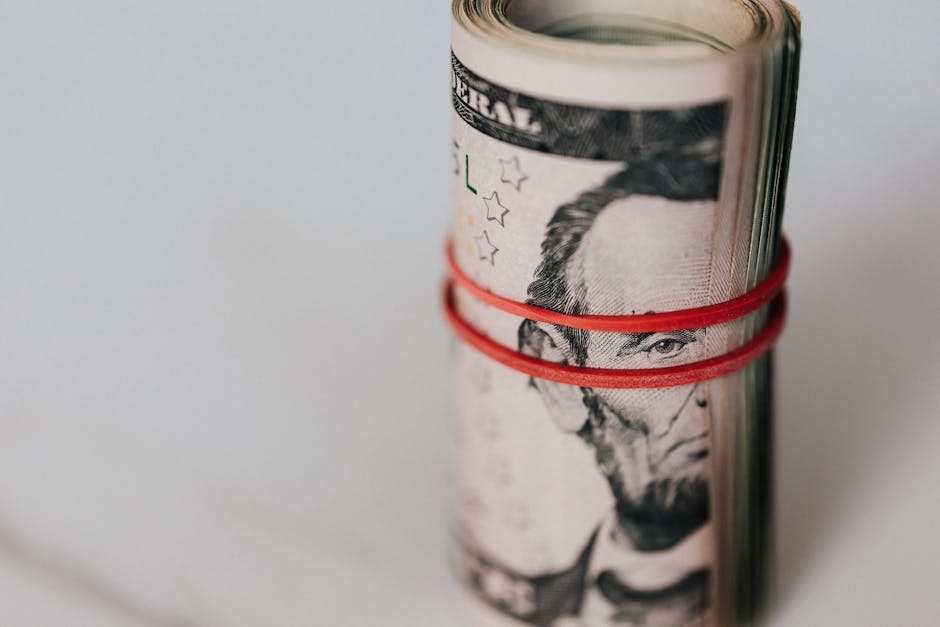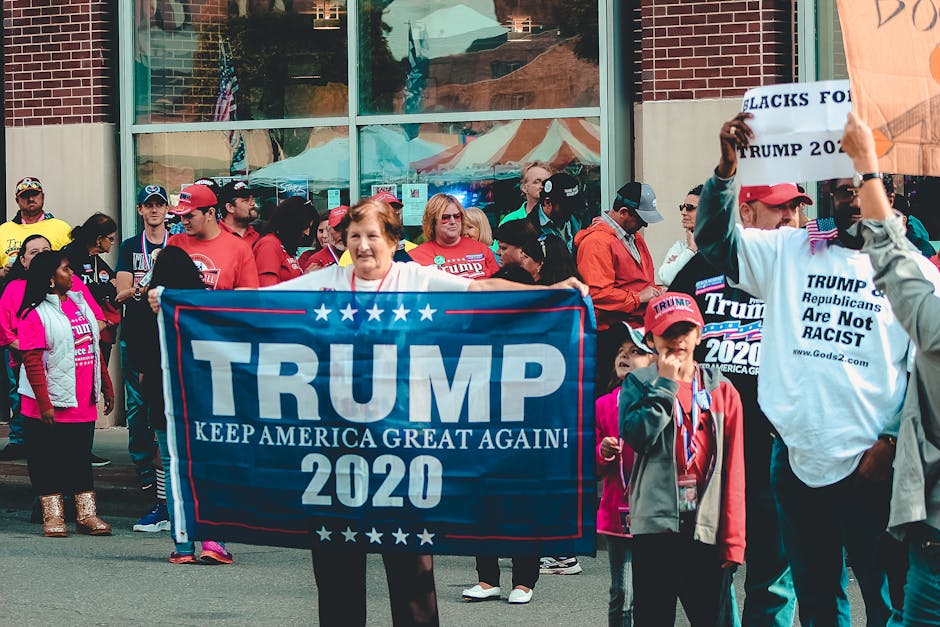In the high-stakes theatre of American politics, government shutdowns have become a recurring, bitter act. When political gridlock brings the federal machinery to a halt, the consequences ripple outwards, affecting everything from national parks to, most critically, the paychecks of federal employees. But during one such crisis, an astonishing offer was made—one that shone a spotlight on Timothy Mellon, the donor who gave $130 million (or pledged to) to pay US troops during the shutdown.
His unprecedented pledge put a name and a face to the immense power of private wealth in the public sphere, raising questions about patriotism, politics, and the role of billionaires in a democracy.
Who is Timothy Mellon?
Timothy Mellon is not a Silicon Valley upstart or a flashy hedge fund manager. He is the 81-year-old scion of one of America’s great Gilded Age dynasties. As the grandson of Andrew Mellon—the legendary banker who served as the U.S. Treasury Secretary for over a decade in the 1920s—he inherited a fortune steeped in the history of American industry.
Rather than retreat into quiet luxury, Mellon carved his own path, building an empire in the vital world of transportation. For decades, he was the majority owner of Pan Am Systems, a massive freight and railroad conglomerate. By all accounts, he is a private, intensely patriotic individual who prefers the quiet of his Wyoming ranch to the boardrooms of New York.
The $130 Million Pledge to Pay US Troops
Mellon’s dramatic public gesture was a serious proposal made through a fund he helped establish, the “Pay Our Troops Fund.” The logic was simple and powerful: the men and women of the armed forces, who put their lives on the line, should never be used as political pawns.
While politicians squabbled, the donor was ready to write a cheque to cover the military’s payroll for a full pay period. The amount to pay the US troops was estimated at the time to be around $130 million, a sum Mellon was prepared to provide from his personal fortune. This offer during the shutdown was a stunning indictment of the political system, leading many to ask if Washington’s dysfunction required a private citizen to fulfill a basic government duty.
A Patriot or a Political Power Player?
To paint Timothy Mellon as a simple, apolitical patriot would be to miss the full picture. He is one of the most significant mega-donors in modern American politics, contributing almost exclusively to the Republican party and conservative causes. His history of donations reveals a complex political operator.
In recent years, he has made headlines for being the single largest donor to Donald Trump’s presidential campaign, channeling tens of millions into Super PACs. Intriguingly, he has also been a major backer of Robert F. Kennedy Jr.’s independent campaign, showcasing a complex and somewhat unpredictable ideology. This duality is what makes Timothy Mellon so fascinating: he is a man willing to fund the military from his own pocket while also using that same fortune to heavily influence the political system he seems to mistrust.
The Lasting Impact of an Unprecedented Offer
In the end, the government managed to resolve its impasse before Mellon’s money was needed, and the $130 million was never transferred. But the story of the donor who offered to pay the troops during a shutdown lingers. It serves as a powerful reminder of the deep fault lines in American politics and the extraordinary figures like Timothy Mellon—the quiet billionaire who was ready to pay an army.




